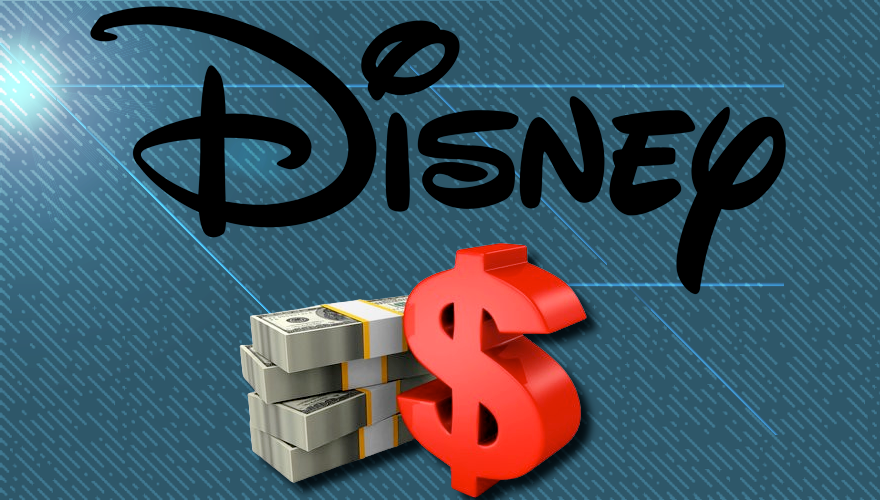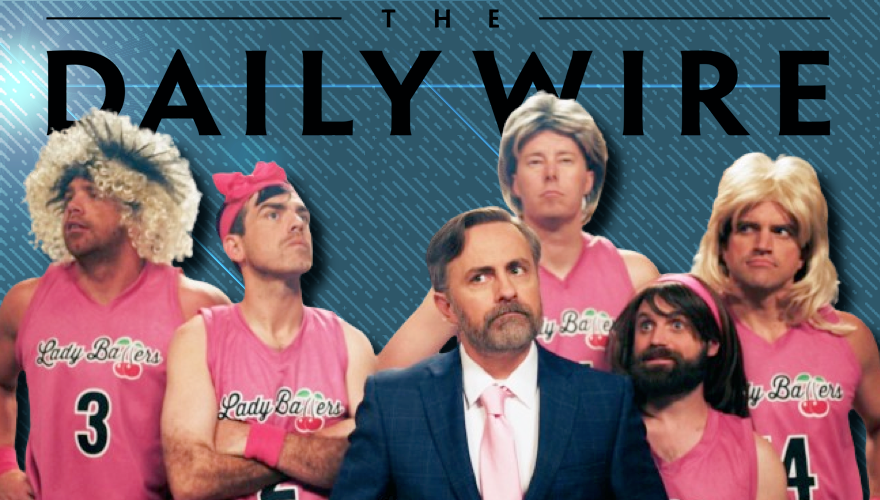In a new filing with the Securities and Exchange Commission (SEC), The Walt Disney company has acknowledged financial hurdles due to "misalignment" between their product and the public perception.
The company filed an annual SEC report which ended on Sept. 30th.
“We face risks relating to misalignment with public and consumer tastes and preferences for entertainment, travel and consumer products, which impact demand for our entertainment offerings and products and the profitability of any of our businesses,” Disney's SEC filing reads.
The company notes the "success" of their business "depends on our ability to consistently create compelling content," though claimed "consumer tastes and preferences" change in "unpredictable ways."
“Generally, our revenues and profitability are adversely impacted when our entertainment offerings and products, as well as our methods to make our offerings and products available to consumers, do not achieve sufficient consumer acceptance," the filing continues. "Further, consumers’ perceptions of our position on matters of public interest, including our efforts to achieve certain of our environmental and social goals, often differ widely and present risks to our reputation and brands."
The filing goes on to state:
Jonathan Turley, a law professor at George Washington University law school, noted Disney's report in a recent column published in The Hill.
"Disney appears to acknowledge that [18th century economist Adam] Smith’s invisible hand is giving the 'House of Mouse' the middle finger," Turley wrote of Disney's filing. "In a new corporate disclosure, Disney acknowledges that its controversial political and social agenda is costing the company and shareholders."
Turley suggested Disney's financial troubles stemmed from their releases in recent years that appeared to be injected with typically liberal talking points and other social justice elements.
“Disney has reportedly lost a billion dollars just on four of its recent ‘woke’ movie flops, productions denounced by critics as pushing political agendas or storylines," he said. "Yet until now, the company has continued to roll out underperforming movies as revenue has dropped."
“For shareholders, it may seem counterintuitive that corporate executives would trade off profits for political or social agendas," Turley concluded. "However, it does serve as a rationale for individual corporate executives who are professionally advanced when they champion such causes."
Disney's filing follows the postponed production of their live action Snow White remake which was set to star actress Rachel Zegler as the title character.
The remake has drawn criticism from fans of the classic children's fairy tale as main story points were reportedly being modernized to align with social justice tenets.
“She’s not going to be saved by the prince and she’s not going to be dreaming about true love,” Zegler said of the film earlier this year. “She’s dreaming about becoming the leader she knows she can be and the leader that her late father told her that she could be if she was fearless, fair, brave and true.”

